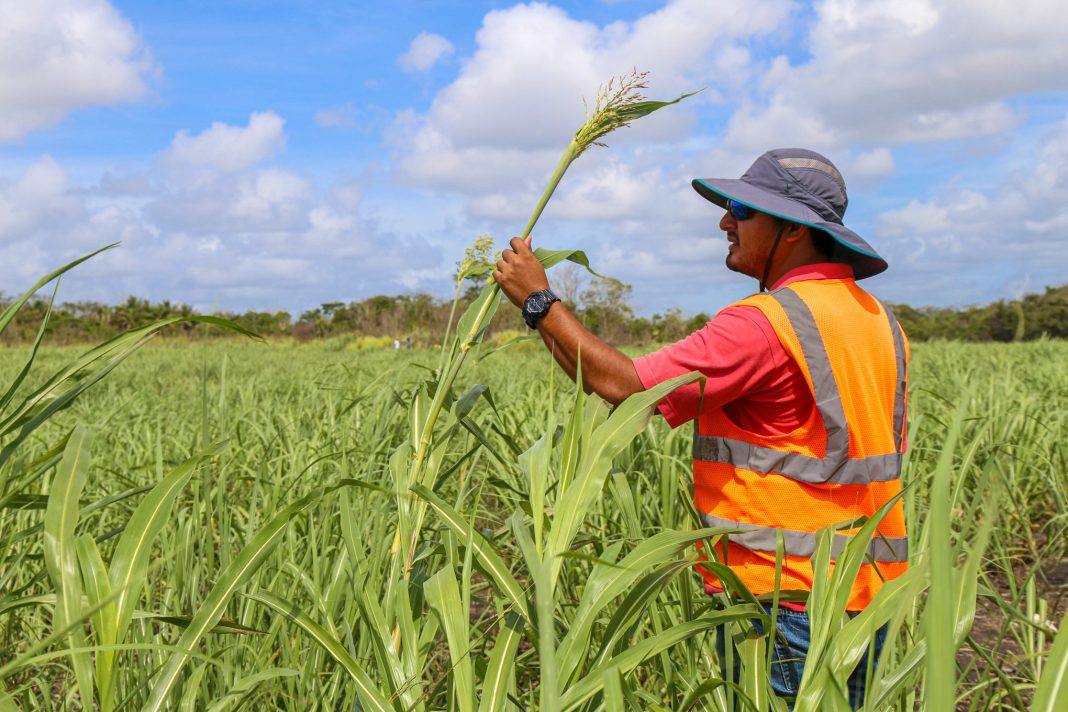Belize on Tuesday said fields of sugarcane in the northern part of the country were infected by a yet to be identified fungus and they were worried about the impact it might have on production.
“Even though the species has not been identified it is of major concern to the sugar industry since we are unable to quantify the potential loss of production as a result of the unknown sensitivity of the varieties to the disease. Additionally, climatic conditions may proliferate the disease,” the Agriculture Ministry, Sugar Industry Research and Development Institute and the Belize Agriculture Health Authority said in a joint statement.
The type of fungus is not yet known, but the Belize Agriculture Health Authority says symptoms include yellowing and curling of leaf tissues, stunted growth, and wilting or discoloration of plants.
The Agriculture Ministry, Sugar Industry Research and Development Institute, Belize Agriculture Health Authority, Caribbean Agricultural Research and Development Institute and University of Belize were working to identify the fungal species and drafting an integrated disease management strategy.
Authorities noted sugarcane yellowing and wilting in several sugarcane producing communities in the Corozal District. Other symptoms included yellowing and curled leaf tissues, stunted growth, and wilting or discoloration of plants.
Sugarcane farmers were told by the task force that in order to minimize the impact and the spread of the fungal infection, they must not use planting materials from fields showing symptoms of the disease; clean machinery and equipment by removing the soil and disinfecting with quaternary ammonium, hydrogen peroxide, or bleach at 2%, and improve and maintain good soil drainage to avoid water logging in the cane fields. They were also told that they should inspect and monitor fields regularly, control weeds in and around fields as they can host the disease, and consolidate stem borer management, as it is one of the main sources for the spreading of the fungal infection.
Experts from Belizean stakeholder entities and the Caribbean Agricultural Research and Development Institute have been tasked with identifying the Fusarium species by using advanced molecular techniques, as well as drafting of an Integrated Disease Management Strategy.






